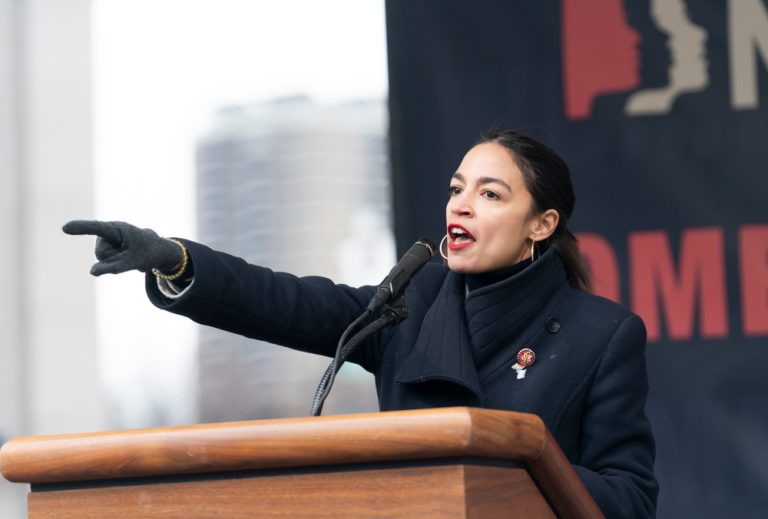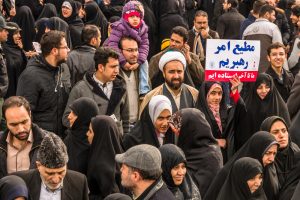Council on Foreign Relations scholar Ray Takeyh has an intriguing op-ed in the International Herald Tribune, the global edition of the New York Times. He asks: “Just how stable is Iran’s clerical regime?”
Takeyh starts with a little armchair psychology on the Islamic Republic’s enforcers — the mid-level officials as well as the foot soldiers of the regime — “all require an overweening ideological cover to justify their brutalities to themselves.”
Yet the crackdown against Iran’s nascent Green Movement after the June 2009 elections is calling these justifications into question:
The subtle and subversive victory of the Green movement is to hollow out the state and demonstrate to its loyalists that they are not defending a transcendent orthodoxy but craven and cruel men addicted to power at all cost. In the words of the reformist cleric, the late Ayatollah Hossein Montazeri, in the violent crackdown following the elections in June 2009, the Islamic Republic ceased to be either Islamic or a republic.
In his seminal study of revolutions, Crane Brinton observed that a ruling class becomes imperiled when “numerous and influential members of such a class begin to believe that they hold power unjustly, [and] that the beliefs they were brought up on are silly.”
Takeyh points to a string of high level defections of some former defenders of the regime to the opposition. He says the “accomplishments of the Green movement are impressive,” but stressed the future of Iran is still very much uncertain. In his estimation, it’s not a matter of if the regime collapses, but when.
Here’s the rub for U.S. policy:
The series of decisions that the United States and its allies make today will help condition the contours of power in tomorrow’s Iran.
This is not to suggest that the United States should cease negotiating with Iran. Ronald Reagan continued to sign arms control compacts with a Soviet Union whose demise he perceived as certain. The pursuit of important security objectives did not derail Reagan from embracing Solidarity in Poland or comparable opposition groups throughout Eastern Europe. The important point is that the Iran conundrum is not limited to compelling Tehran to spew out some of its accumulated uranium. Our choices speak as much to our values as they do to our interests. In the long run, America has never gone astray by standing with those who hope for a more decent future.
The “anti-appeasement” hawks may have a tough time with that last graf. Takeyh cites Ronald Reagan (!!! — might as well be pro-appeasement right-wing idol Winston Churchill!). He also implies a fuel-swap confidence building measure is in U.S. interests, although U.S. interests should “not be limited” to this goal.





Was Takeys column not hawkish enough this time for the Washingtonpost editors? His piece usually appears there.